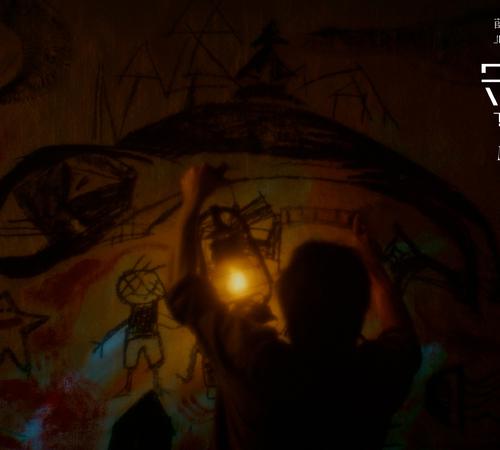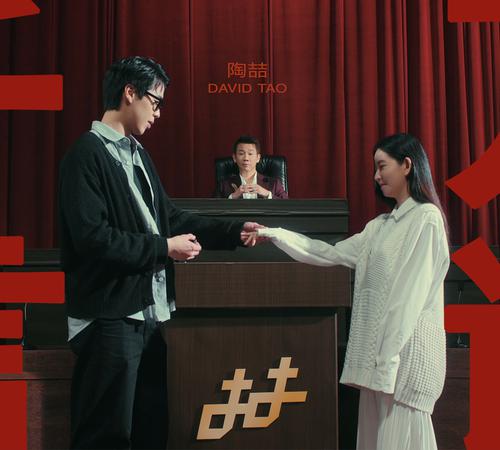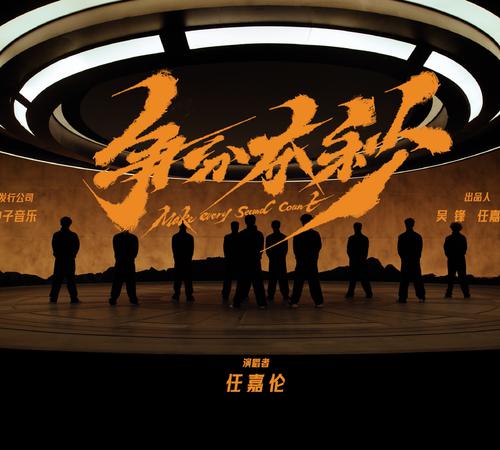![[DJ节目]潘之声的DJ节目 第307期](https://p1.music.126.net/n-12vz2QcwUN2L7AuEVzSQ==/109951169485352762.jpg?param=200y200)
断弦提琴,缺憾同时也震撼的人生乐章(潘之声)
微信公众号:pansvoice | 视频号:潘之声 本原创朗读和封面版权归潘之声所有。欢迎点播、收听和下载。未经潘之声授权许可,严谨将本节目朗读音频用于其他平台或商业用途! 本期朗读:Tim(潘之声英语世界) 原文作者: 休斯顿纪事报 译文作者:Lynn (潘之声英语世界) ------------------------------- On Nov. 18, 1995, Itzhak Perlman, the violinist, came on stage to give a concert at Avery Fisher Hall at Lincoln Center in New York City. If you have ever been to a Perlman concert, you know that getting on stage is no small achievement for him. He was stricken with polio as a child, and so he has braces on both legs and walks with the aid of two crutches. 1995年11月18日,小提琴家伊扎克·帕尔曼在纽约市林肯中心的艾弗里·费舍尔音乐厅举行音乐会。如果你曾经去过帕尔曼的音乐会,你就会知道,对他来说,走上舞台是一项不小的成就。他小时候患上小儿麻痹症,因此双腿需要佩戴支架,并且依靠两根拐杖行走。 To see him walk across the stage one step at a time, painfully and slowly, is an unforgettable sight. He walks painfully, yet majestically, until he reaches his chair. Then he sits down, slowly, puts his crutches on the floor, undoes the clasps on his legs, tucks one foot back and extends the other foot forward. Then he bends down and picks up the violin, puts it under his chin, nods to the conductor and proceeds to play. 看他一步一个脚印,痛苦而缓慢地穿过舞台,是一幕难以忘怀的景象。他行走时虽然痛苦,却带着一种庄严,直到他走到椅子前坐下。然后他缓缓坐下,把拐杖放在地上,解开腿上的扣子,收回一只脚,另一只脚向前伸。接着他弯下腰,拿起小提琴,将其置于下巴下,向指挥家点头,然后开始演奏。 By now, the audience is used to this ritual. They sit quietly while he makes his way across the stage to his chair. They remain reverently silent while he undoes the clasps on his legs. They wait until he is ready to play. 此时,观众已经习惯了这个仪式。他们静静地坐着,看着他穿过舞台走向椅子。在他解开腿上的扣子时,人们保持着虔诚的沉默。他们等着他准备好演奏。 But this time, something went wrong. Just as he finished the first few bars, one of the strings on his violin broke. You could hear it snap - it went off like gunfire across the room. There was no mistaking what that sound meant. There was no mistaking what he had to do. 但这一次,出现了意外。就在他结束前几个小节时,他的小提琴的一根弦断了。人们可以听到那弦断裂声——那声音像枪声一样穿过整个房间。那声音意味着什么,无需多言。他接下来该做什么,也是显而易见的。 People who were there that night thought to themselves: "We figured that he would have to get up, put on the clasps again, pick up the crutches and limp his way off stage — to either find another violin or else find another string for this one." 那天晚上在场的人们心想:“我们以为他会不得不站起来,再次系上扣子,拿起拐杖,一瘸一拐地离开舞台——去找另一把小提琴或者给这把换根弦。” But he didn't. Instead, he waited a moment, closed his eyes and then signaled the conductor to begin again. The orchestra began, and he played from where he had left off. And he played with such passion and such power and such purity as they had never heard before. Of course, anyone knows that it is impossible to play a symphonic work with just three strings. I know that, and you know that, but that night Itzhak Perlman refused to know that. You could see him modulating, changing, recomposing the piece in his head. 但他没有这么做。相反,他等了一会儿,闭上眼睛,然后示意指挥重新开始。乐队开始了,他从断弦的地方继续演奏。他以一种前所未有的激情、力量和纯净演奏,令人震撼。当然,任何人都知道,用仅有的三根弦演奏交响乐是不可能的。大家都知道,但那个晚上,伊扎克·帕尔曼拒绝接受这个事实。你可以看到他在调整,变化,头脑中重新构思这部作品。 At one point, it sounded like he was de-tuning the strings to get new sounds from them that they had never made before. When he finished, there was an awesome silence in the room. And then people rose and cheered. There was an extraordinary outburst of applause from every corner of the auditorium. We were all on our feet, screaming and cheering, doing everything we could to show how much we appreciated what he had done. 有时,他似乎在调整弦的音高,以获得以前从未发出过的新声音。当他完成演奏时,房间里一片敬畏的寂静。然后人们起立并欢呼。从礼堂的每一个角落爆发出热烈的掌声。大家都站了起来,尖叫欢呼,尽我们所能表达对他所做一切的欣赏。 He smiled, wiped the sweat from this brow, raised his bow to quiet us, and then he said, not boastfully, but in a quiet, pensive, reverent tone, "You know, sometimes it is the artist's task to find out how much music you can still make with what you have left." 他微笑着,擦去额头上的汗水,举起弓,让我们安静下来,然后他说道,不是夸夸其谈,而是以一种安静、沉思、虔诚的语气:“知道吗,有时候,艺术家的任务就是要善于去发现,用仅有的条件还能创造出多少音乐。” What a powerful line that is. It has stayed in my mind ever since I heard it. And who knows? Perhaps that is the way of life - not just for artists but for all of us. Here is a man who has prepared all his life to make music on a violin of four strings, who, all of a sudden, in the middle of a concert, finds himself with only three strings. So he makes music with three strings, and the music he made that night with just three strings was more beautiful, more sacred, more memorable, than any that he had ever made before, when he had four strings. 这是多么震撼人心的话。自从我听到以来,它就一直留在我的脑海中。谁知道呢?或许这就是生活的方式——不仅仅是对艺术家,而是对我们所有人。这个人,一生都在致力于用四根弦的小提琴创造音乐,却突然在一场音乐会中,发现自己只剩下三根弦。于是他用三根弦创造音乐,而那天晚上他用仅有的三根弦创造出的音乐,比他以前用四根弦创造的任何音乐都要美丽、神圣、令人难忘。 So, perhaps our task in this shaky, fast-changing, bewildering world in which we live is to make music, at first with all that we have, and then, when that is no longer possible, to make music with what we have left. 所以,也许在我们生活的人心浮躁、瞬息万变、纷繁困惑的世界中,人生的目标就是倾其所有地谱写自己的人生乐章,而当有些东西不再拥有时,那就用仅有的条件去谱写人生乐章。











